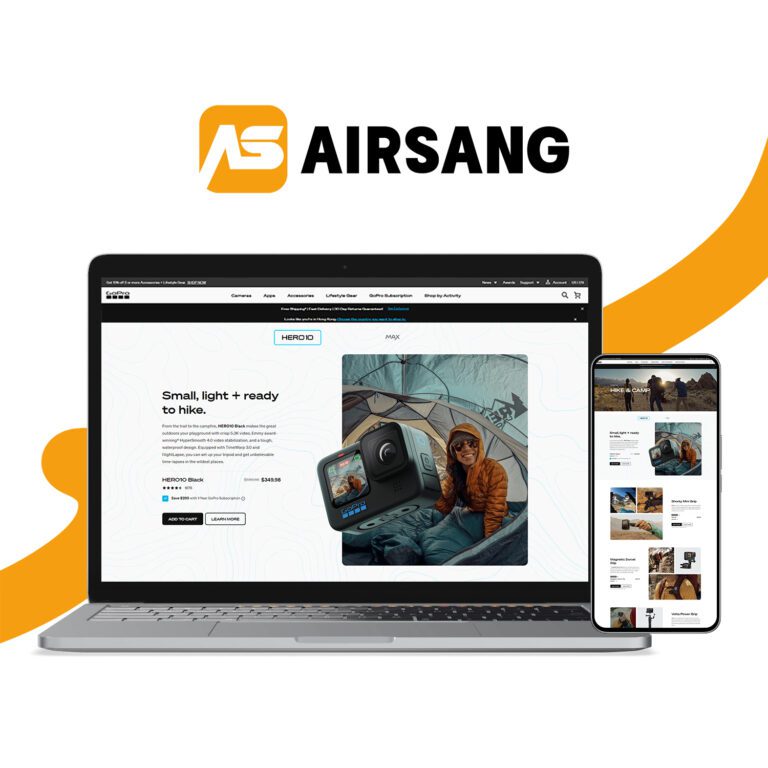Shopify Scam or Secret to Online Millions
If you’re considering launching an online store, you’ve likely encountered Shopify and may wonder if it’s truly legit or just overhyped. With countless eCommerce platforms promising simplicity, this article evaluates Shopify’s credibility, features, user experiences, and financial transparency to determine its real business potential and which types of sellers actually succeed with it.

Shopify at a Glance
What Is Shopify?
Shopify is a hosted eCommerce platform that allows anyone to build and manage an online store without technical expertise. It powers over 4.5 million websites worldwide, making it one of the most popular eCommerce platforms globally.
From small startups to enterprise retailers, Shopify supports businesses across industries with:
- Customizable templates
- Integrated payment gateways
- Inventory management
- Third-party app integrations

Shopify’s Business Background
Founded in 2006 in Canada, Shopify is a publicly traded company (NYSE: SHOP) with a market cap in the billions. Its transparency, financial disclosures, and extensive global presence make it highly reputable in the SaaS (Software-as-a-Service) market.
Bottom Line
Yes—Shopify is a legitimate, secure, and established company serving millions of businesses.
Core Features That Build Trust
1. Security and Reliability
Shopify provides Level 1 PCI DSS compliance, ensuring all online transactions remain encrypted and secure. Stores come with SSL certificates, regular updates, and built-in fraud analysis tools to protect customers and merchants.
- All stores include HTTPS by default
- Shopify Payments offers secure, direct checkout
- 24/7 monitoring for downtime and breaches
2. User Control and Data Ownership
Users retain full control over their store data, product content, customer information, and domain names. Shopify allows data export and even supports migration tools if merchants decide to switch platforms.
- Export products, orders, and customer data
- Maintain ownership of branding and content
- Use custom domains (not limited to .shopify.com)
Verdict: High Transparency and Control
Shopify does not lock in users or hold hostage any critical business data.
Common Misconceptions: Debunking the Myths
“Shopify Is Only for Beginners”
Although Shopify is beginner-friendly, it also powers large-scale DTC brands and enterprise-level operations through Shopify Plus. Features like multi-currency support, B2B pricing, and global tax compliance attract high-volume businesses.
- Brands like Gymshark, Kylie Cosmetics, and Allbirds use Shopify
- Developers can use Liquid, GraphQL API, and Hydrogen (headless)
“You Can’t Customize Shopify”
Shopify offers extensive theme editing, custom coding, and advanced integrations through its:
- Theme editor and Liquid template engine
- Shopify CLI for developers
- App Store with 8,000+ plugins
“It’s Too Expensive”
Shopify’s pricing ranges from $39/month (Basic) to custom-priced Shopify Plus. Compared to hiring developers or building a store from scratch, Shopify offers great value through:
- Hosting
- Customer support
- Security updates
- Speed optimization
Verdict: Shopify Offers Scalability
Shopify serves both new and advanced merchants with flexible pricing and tools.

Shopify’s Limitations (And How to Navigate Them)
No platform is perfect, and Shopify does have some restrictions to be aware of.
1. Platform Fee on Third-Party Payments
If you use a payment gateway other than Shopify Payments, Shopify charges an additional transaction fee (up to 2%). This can cut into margins if you rely heavily on alternate gateways.
Solution: Use Shopify Payments when possible to avoid extra fees.
2. URL Structure Limitations
Shopify fixes part of its URL structure (e.g., /collections/, /products/), which can impact SEO flexibility. Advanced users may feel restricted in technical SEO implementation.
Solution: Use SEO apps and meta-tag optimization to compensate.
3. App Reliance for Core Features
Many advanced features (like upsells or subscriptions) require third-party apps, which may lead to higher monthly costs and reliance on external developers.
Solution: Bundle wisely and audit app use to minimize bloat and costs.
Verdict: Manageable Constraints
Limitations exist, but most have reasonable workarounds.
Real Business Use Cases
Dropshipping
Shopify integrates with platforms like Oberlo, Spocket, and Zendrop, making it one of the easiest ways to start a dropshipping business.
- Automated order fulfillment
- Global supplier network
- No inventory required
Print-on-Demand
Printful, Printify, and other POD services seamlessly sync with Shopify for selling:
- T-shirts
- Mugs
- Custom apparel
- Wall art
Traditional eCommerce and B2B
Retailers selling physical inventory enjoy native Shopify features like:
- Barcode scanning
- Inventory tracking
- POS integration
- Advanced analytics
Shopify Fits All Models
From low-risk testing to long-term brand growth, Shopify adapts.
Final Verdict — So, is Shopify legit? Absolutely.
It’s one of the most trusted, scalable, and user-friendly platforms in the eCommerce ecosystem. From entrepreneurs building their first digital storefront to multi-million-dollar brands expanding globally, Shopify proves itself through flexibility, uptime, and innovation.
At AIRSANG DESIGN, we’ve helped over 7,000 brands build high-converting, SEO-optimized, and scalable Shopify stores. If you’re ready to launch or revamp your online business, our team can help you build a high-performing store without compromise.
















